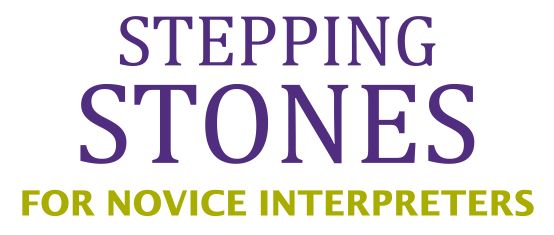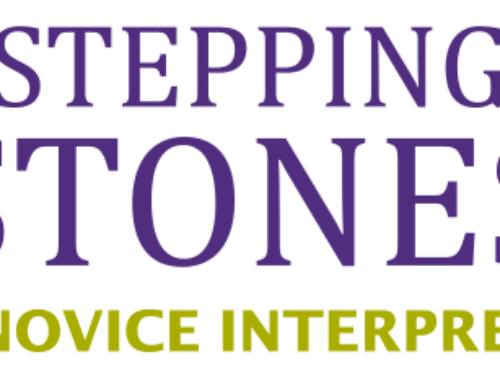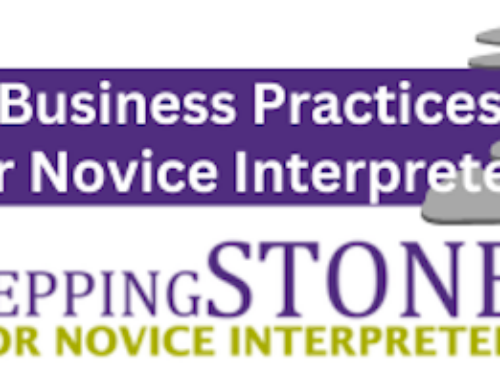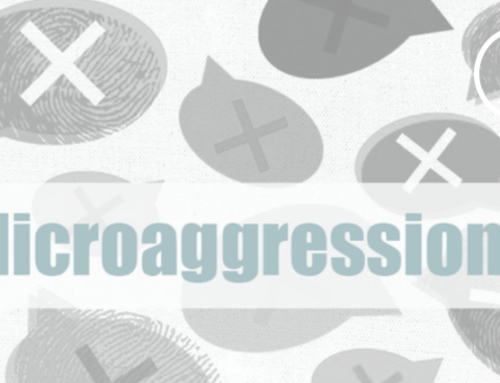
- Are you just starting out as a professional interpreter?
- Do you need strategies and resources to establish your own business?
- Are you considering the options of working freelance, contracting, or becoming an employee?
Check out this free course to introduce you to:
Business Practices for Novice Interpreters
Description
Business Practices for Novice Interpreters offers an introduction to strategies and skills necessary for success in the field of interpreting. Designed specifically for novice interpreters, this 10-hour asynchronous course can provide practical knowledge and tools to navigate the business side of interpreting. Through a combination of instructional modules, case studies, and practical exercises, participants will gain insights into record-keeping, setting rates, professional identity, liability, professional development, and fostering strong networks within both the professional and Deaf communities.
Learning Objectives
Participants completing this course will:
- Differentiate between employment statuses and implications for interpreters (e.g. independent contractor, employee, etc).
- Develop record-keeping techniques essential for maintaining business finances and filing taxes.
- Identify effective policies and contracts to protect interests of involved parties and maintain relationships.
- Determine competitive rates aligned with industry standards and personal qualifications.
- Increase self-awareness about practices and resources that will support efforts to:
- Cultivate a professional brand identity and strategic marketing approaches to enhance visibility.
- Build robust networks with fellow interpreters, stakeholders, and members of the Deaf community to foster collaboration and professional growth.
- Implement ongoing professional development strategies to stay abreast of industry advancements and to continue developing interpreting skills.
- Navigate challenging situations and conflicts with professionalism and integrity.
- Enhance overall professionalism and contribute to the advancement of the interpreting profession through adherence to high standards and continuous self-improvement.
- Develop strategies for self-care and stress management to maintain personal well-being and sustainability in the interpreting profession.
A Note on CEUs
Because our grant is focused on novice interpreters working toward certification, CEUs are not offered by the CATIE Center. The CATIE Center has an agreement with the Minnesota Registry of Interpreters for the Deaf.
For $40 (a cost set by MRID), you can receive ACET or CMP CEUs for this course. At the end of the course, you will have access to a form to apply for CEUs and receive a link for making the payment. So, you don’t have to commit to making a payment until you know that you will be able to complete the requirements. (MRID members receive a free processing of a Stepping Stones workshop, a PINRA, or an Independent Study each year – so if you are an MRID member, you can get this cost waived.) For more information on the CEU process, contact pdc@mrid.org.
Minnesota Registry of Interpreters for the Deaf is an approved RID Certification Maintenance Program (CMP) sponsor for continuing education activities. This professional studies program is offered for 1.0 CEUs at the some content knowledge level.
The CATIE Center promotes a mutually respectful learning environment free of bias. See St. Catherine University’s non-discrimination policy for more details.
Registration open April 1-30.
The registration form will provide you a link to enroll in a free Canvas course. It will also ask for optional demographic information which will be helpful for the CATIE Center in evaluating the effectiveness of these resources for supporting the diversity of novice interpreters who are entering the interpreting field.
About Stepping Stones for Novice Interpreters
This course is part of a series developed by the Dive In project of the CATIE Center at St. Catherine University. Each module will have a facilitator from the CATIE Center who monitors a Support Forum. The activities are designed so that you can do them asynchronously. Though possible to do independently, we encourage you to either join as a group and work through the material together – or use the introduction forum to seek out others in the course who might work with you in the discussions. Collaborative learning can be a really important tool in professional development.



